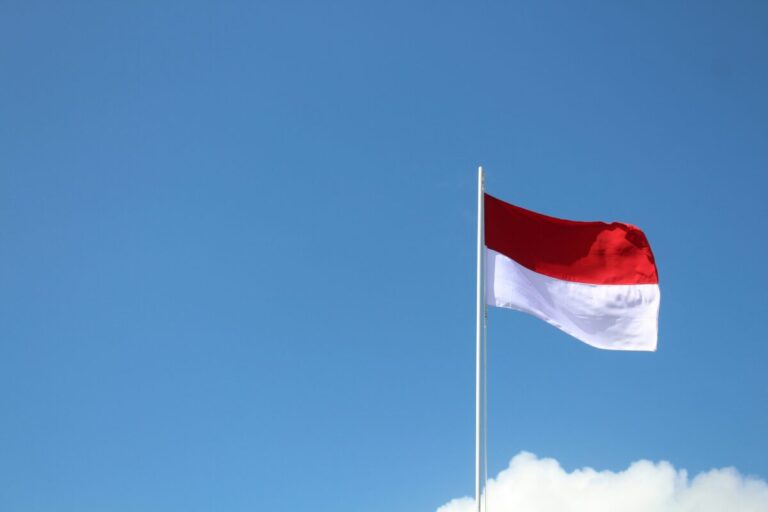Indonesia’s Ministry of Energy and Mineral Resources has set a quota of 5,746 MW of rooftop solar power to be deployed between 2024 and 2028. The Jakarta-based Institute for Essential Services Reform expects that rooftop solar will be more widely adopted by commercial and industrial consumers than by consumers. private users, after the abolition of net metering earlier this year.
Indonesia’s Ministry of Energy and Mineral Resources (EMR) has set a quota for the development of rooftop solar energy by state-owned Perusahaan Listrik Negara (PLN) until 2028.
The distribution of rooftop solar quotas in Indonesia is based on the electricity system. A quota of 5,746 MW has been set between 2024 and 2028. This is divided into 901 MW in 2024, 1,004 MW in 2025, 1,065 MW in 2026, 1,183 MW in 2027 and 1,593 MW in 2028.
Jakarta-based think tank The Institute for Essential Services Reform (IESR) says the quotas have not yet been distributed according to clustering/subsystems as stipulated in EMR Regulation No. 2/2024. The institute has called on the EMR “to actively socialize the ministerial regulation on rooftop solar energy and the distribution of rooftop solar quotas to consumers and its mechanism.”
Fabby Tumiwa, Executive Director of IESR, says distributing rooftop solar quotas at the subsystem/cluster level of the electricity system will provide clarity for consumers and also investment security for rooftop solar industry actors.
“The subsystem breakdown provides more transparent information for consumers so they can gauge their chances of applying for rooftop solar PV installation. Therefore, the Director General of Electricity must ensure that PLN submits the cluster breakdown immediately before July when the application period begins,” Tumiwa explained.
The IESR added that the new quota is not in line with the target set in 2021 by the National Strategic Program for Rooftop Solar Energy. It calls on the government to pay attention to customer interest in the adoption of rooftop solar so that it can increase the quota by 2025, in a bid to achieve a targeted 23% of the energy mix from renewable energy sources by 2025 to fetch.
The Indonesian government abolished net metering in February, and in its absence, the IESR expects rooftop solar to become more common among commercial and industrial customers. “The interest of industrial customers to use rooftop solar energy is high and is aimed at reducing energy costs and ensuring sustainable production processes, so that the elimination of net metering does not have too much impact on their interest,” says Marlistya Citraningrum, IESR Sustainable Energy Access Program Manager.
Citraningrum added that an explanation is needed if there is oversubscription in a system cluster. “Residential customer interest is likely to decline due to changing economic levels, but with the spread of information and the desire to save on electricity costs, demand for usage may also grow,” she said.
Last month, IESR called for the implementation of power wheeling in Indonesia, saying it would create a renewable energy market and have a positive impact on industrial investment.
This content is copyrighted and may not be reused. If you would like to collaborate with us and reuse some of our content, please contact: editors@pv-magazine.com.


